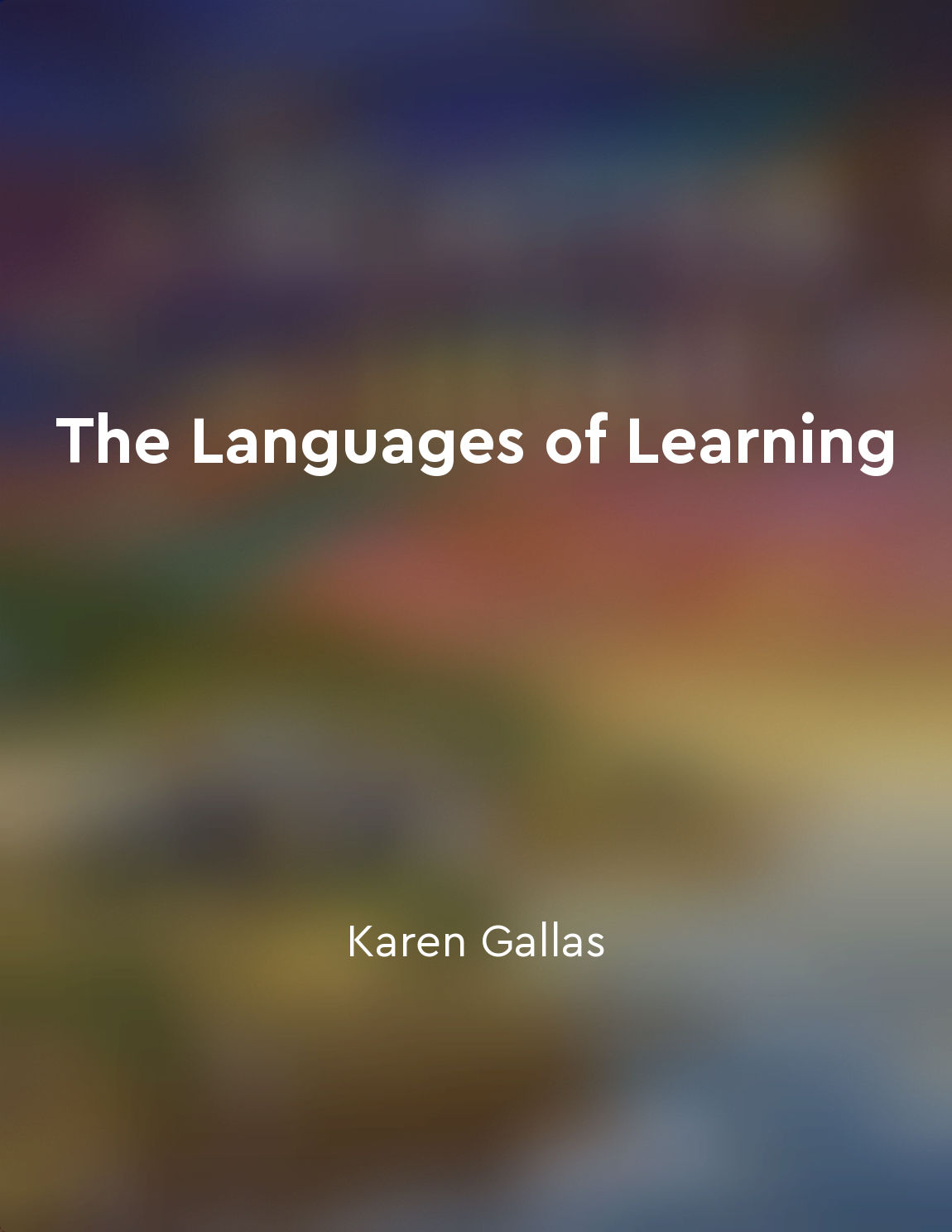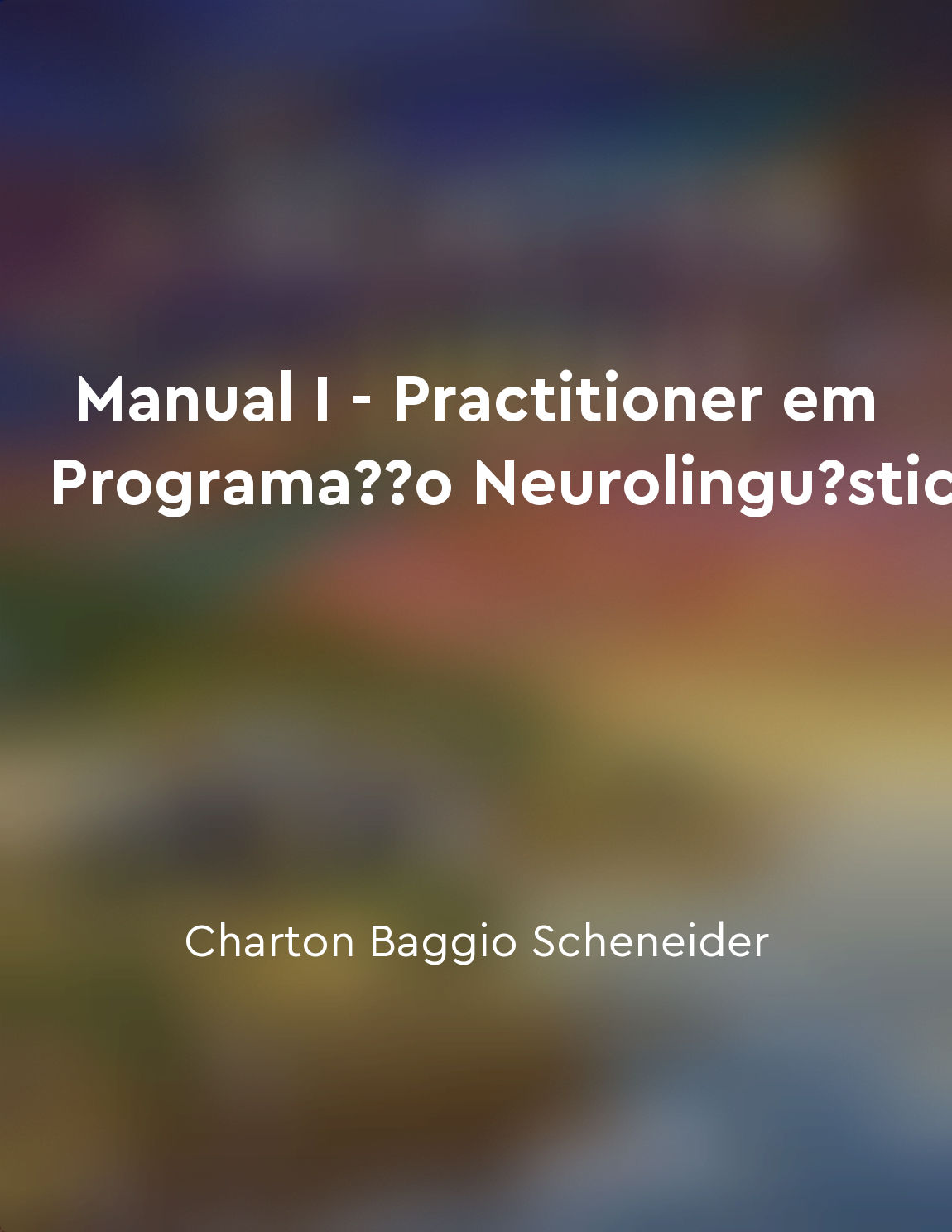The understanding of language goes beyond individual expressions from "summary" of Philosophical Investigations by Ludwig Wittgenstein
The concept that the understanding of language extends beyond single expressions is fundamental to grasping the complexities of communication. Language is not simply a collection of isolated words or phrases, but a rich tapestry of meanings, associations, and contexts. It is through this interconnected web of relationships that we are able to make sense of language and engage in meaningful communication with others. When we consider language as a system of interconnected meanings, we see that individual expressions gain their significance through their relationships to other expressions. Words are not meaningful in isolation, but derive their meaning from their usage within a particular language game or context. For example, the word "tree" gains its meaning through its relationship to other words like "leaves," "branches," and "bark," as well as through its connection to the concept of a tree in the world. Moreover, the meaning of a word can shift and evolve depending on the context in which it is used. The meaning of a word like "love," for instance, can vary greatly depending on the relationships and emotions it is associated with in a particular conversation or cultural context. It is this dynamic and fluid nature of language that makes it such a powerful and versatile tool for communication. By recognizing that the understanding of language goes beyond individual expressions, we are able to appreciate the intricate ways in which meaning is created and communicated through language. It is not simply a matter of decoding words and phrases, but of engaging with the underlying structures and relationships that give language its richness and depth. In this way, we are able to see language not as a static and fixed entity, but as a dynamic and evolving system of meaning that is constantly being shaped and reshaped through our interactions with it.Similar Posts
Linguistic markers cue conversational shifts
The words we use when we speak can serve as cues that signal a shift in the direction of a conversation. These linguistic marke...

Speaking with native speakers is beneficial for language growth
Engaging in conversations with native speakers can significantly enhance one's language development. When you interact with tho...
Mindfulness can enhance cognitive abilities
Mindfulness training has been shown to improve working memory capacity and attention control, which are essential components of...

Children's languages of learning reveal their thoughts and emotions
In observing children as they engage in various activities, we can gain deep insights into their inner world. The ways in which...
Perlocutionary effects can vary depending on the context
When considering the effects of an utterance on the listener, one must take into account the context in which the speech act is...
Cultivate a sense of curiosity and exploration
To truly embrace the power of possibility and growth, it is essential to cultivate a sense of curiosity and exploration. This m...
Desires are not hidden urges
When we speak of desires, we are not referring to some mysterious inner force compelling us to act in certain ways. Desires are...
Practice speaking in front of a mirror
Practicing speaking in front of a mirror is a valuable technique for improving your English speaking skills. When you speak in ...

Techniques for personal transformation
The Techniques for personal transformation are an essential part of the Practitioner em Programação Neurolinguística. These tec...
Cultural processes influence human cognitive development
Human cognitive development is not solely determined by genetics or individual experiences, but is deeply influenced by cultura...
